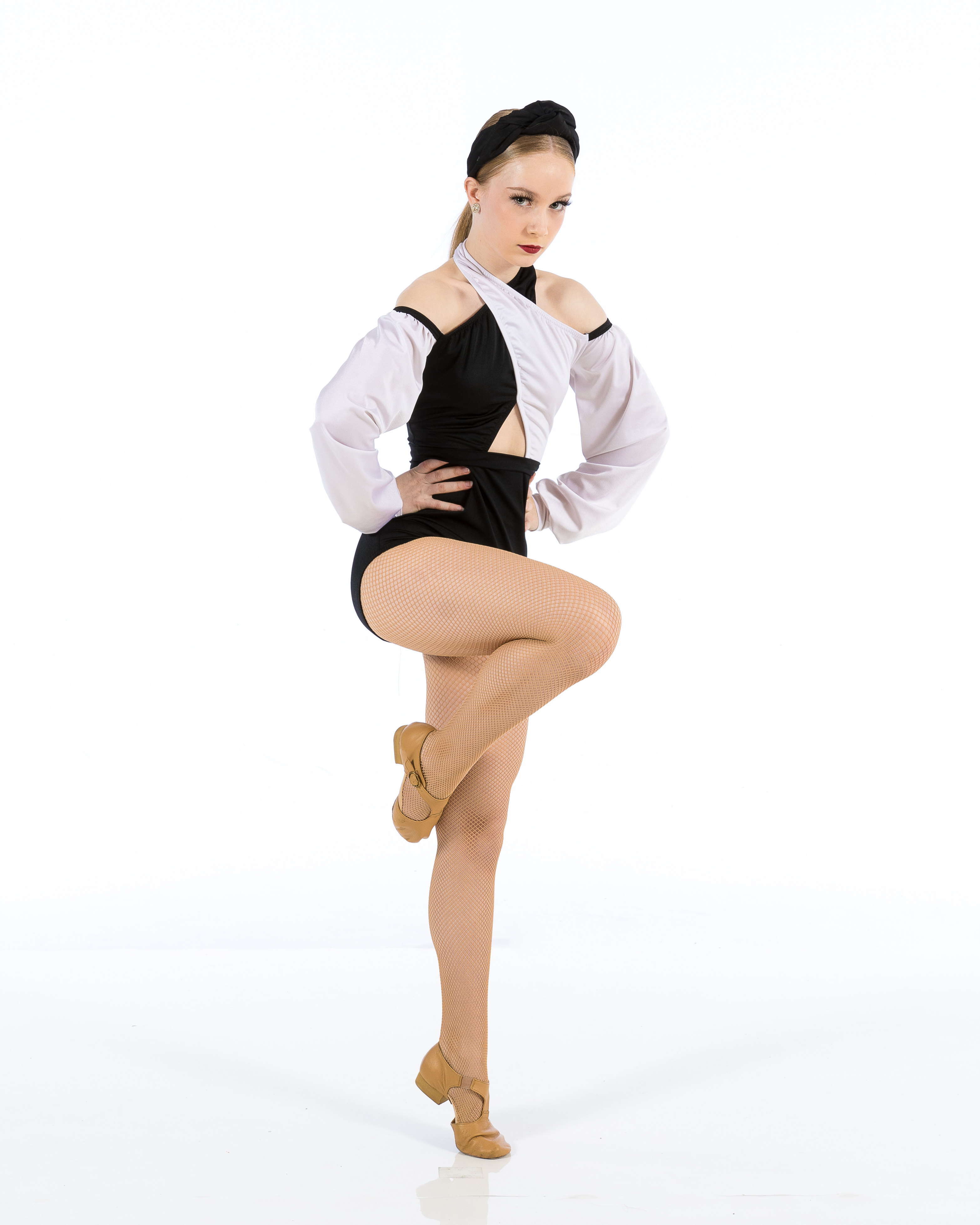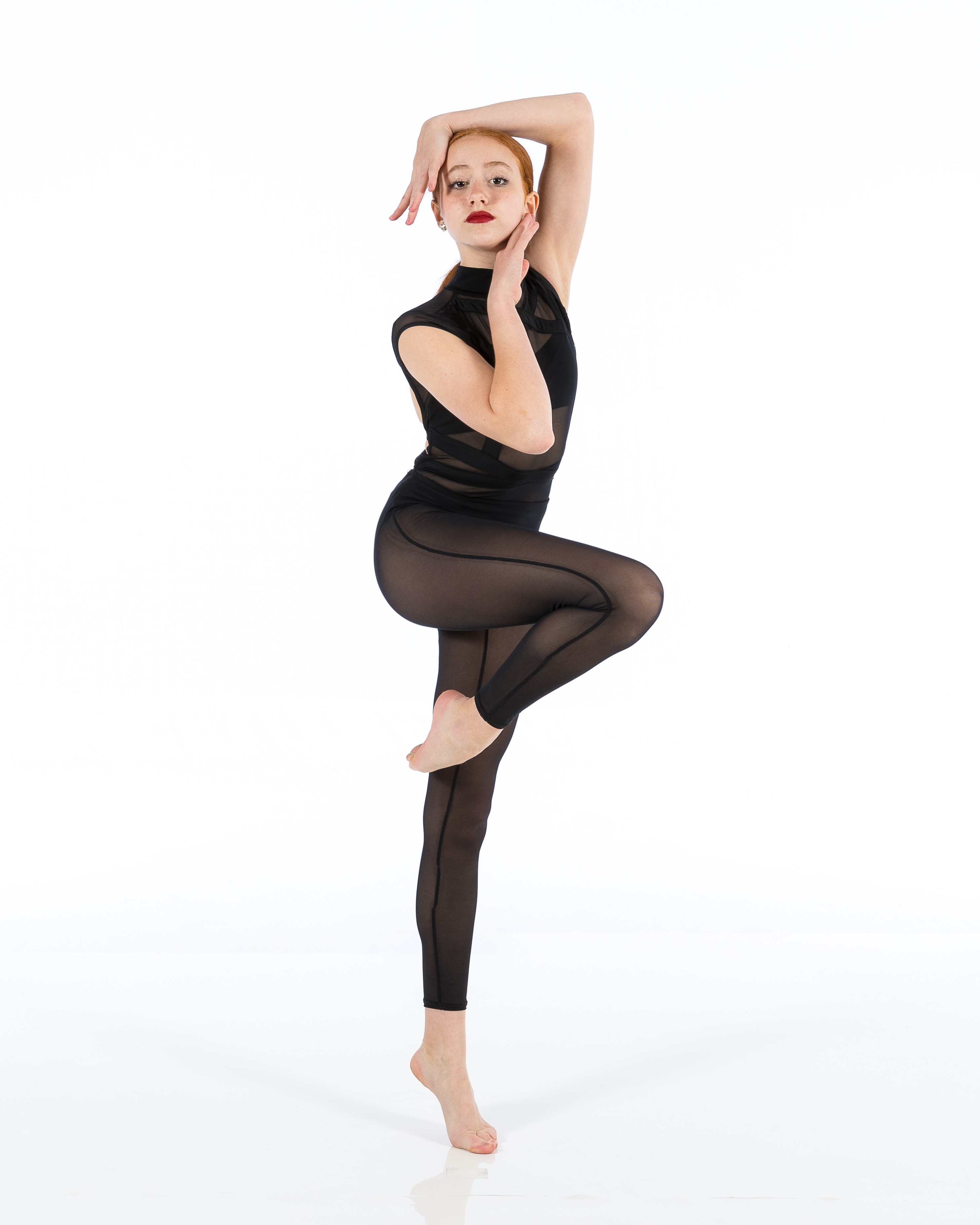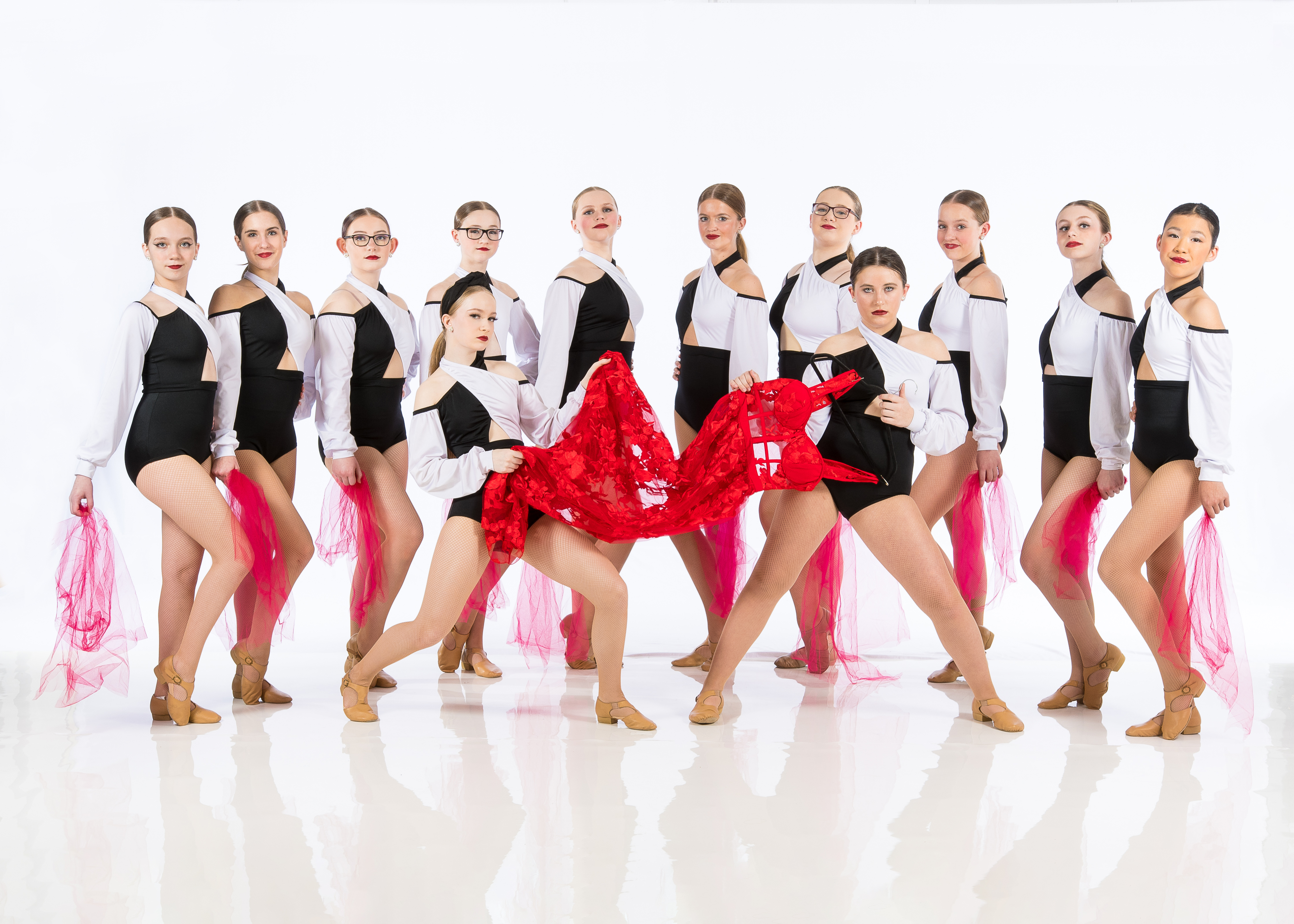Introduction
Dance is an art kind that transcends barriers, unites areas, and bursts with the vitality of human expression. Whether you're a budding professional dancer stepping into a dance studio for the first time or an experienced performer aiming to fine-tune your craft, recognizing dance studio rules is essential for making sure a favorable experience. This substantial overview labelled From Beginner to Specialist: Browsing Dance Studio Decorum for a Harmonious Experience will certainly take you with every element of dance studio behavior, offering insights that will certainly elevate your experience and foster more powerful partnerships within the dance community.
Understanding Dance Studio Etiquette
What is Dance Studio Etiquette?
Dance workshop etiquette describes the collection of rule of thumbs and social standards that control actions in a dancing class setup. Similar to any various other imaginative atmosphere, appreciating these guidelines can enhance not only your understanding experience however additionally that of your peers.
Why is Dance Studio Etiquette Important?
Adhering to appropriate rules aids produce an ambience of respect, focus, and partnership. It fosters a sense of neighborhood and permits dancers to support each other in their development while minimizing disturbances during class.
From Newbie to Professional: The Importance of First Impressions
Preparing for Your Initial Class
Walking right into a dance studio for the very first time can be nerve-wracking. To make an unforgettable first impression:
- Dress appropriately: Use comfortable outfit appropriate for the type of dancing you're studying. Arrive early: Goal to reach least 10-- 15 mins prior to class begins. This offers you time to check in, warm up, and clear up in.
Greeting Your Instructor
A pleasant greeting sets the tone for your experience. Always introduce on your own if it's your extraordinary! A basic "Hey there" or "Good morning" can go a lengthy way in developing rapport.
Classroom Conduct: The Do's and Do n'tshtmlplcehlder 46end.
Do's: Favorable Behaviors
Be Respectful: Respect everyone's personal room-- specifically when practicing moves. Listen Proactively: Program attentiveness when trainers are speaking; it reveals you value their guidance. Support Your Peers: Encourage fellow dancers; positivity breeds encouragement.Don'ts: Unfavorable Behaviors
Avoid Distractions: Maintain individual conversations outside the classroom. Don't Usage Your Phone: Silence your phone during class; it's disruptive. Refrain from Interrupting: Wait up until the trainer finishes before asking questions.The Role of Personal Room in Dancing Studios
Understanding Boundaries
Personal space differs from person to person, particularly in a dancing setting where physical distance is frequently needed throughout technique routines.
Communicating Convenience Levels
If you feel unpleasant with how close another professional dancer is getting during partnered exercises or formations, it's vital to connect this pleasantly and professionally.
Maintaining Expertise: Dress Code and Grooming
Importance of Correct Attire
Each dance style usually has its very own gown code-- whether it be leotards for ballet or baggy garments for hip-hop courses-- adhering to these requirements shows respect for both your craft and your instructor.
Personal Hygiene Matters
Dancing calls for physical exertion, which can result in sweat. Ensure you maintain excellent hygiene by showering before class and using tidy attire.
Behavior During Class: Focusing on Learning
Engaging with Instruction
It's crucial to stay focused throughout demonstrations. Rather than simply enjoying, actively involve by envisioning how you would certainly implement each movement.
Asking Concerns Appropriately
Curiosity improves learning! If something isn't clear, do not hesitate to ask questions-- however guarantee they matter and postured at proper times (preferably after instructions).
Feedback: Welcoming Useful Criticism
Accepting Feedback Gracefully
Constructive objection is component growth in any art form. Embrace responses with an open mind and stay clear of becoming defensive; remember that critique aims to assist improve your skills!
Offering Feedback Thoughtfully
When giving responses to peers, guarantee it's useful as opposed to vital; concentrate on what they did well together with areas for improvement.
Creating Harmony Via Teamwork
The Value of Team Spirit
In several dance designs, team effort plays an essential function; developing camaraderie with fellow dancers leads to enhanced performances.
Collaborating During Team Exercises
When associated with team tasks or choreography practices, urge creative thinking by valuing everyone's concepts while also adding your own constructively.
Handling Problems Gracefully
Addressing Disagreements Maturely
Conflict may occur due to misconceptions or varying opinions on choreography choices. Tackle these issues privately rather than publicly airing grievances which might interrupt course harmony.
Seeking Arbitration When Necessary
If Dance Academy disputes intensify past personal resolution initiatives-- look for assistance from teachers that can moderate properly based on their experience handling similar situations.
Post-Class Etiquette: Leaving on an Excellent Note
Thanking Trainers After Class
Always reveal appreciation in the direction of your trainer after lessons; this enhances positive relationships while acknowledging their difficult work!
Keeping the Workshop Clean
Whether it's getting canteen or nicely setting up props post-class-- maintaining tidiness lionizes for common rooms utilized by all dancers!
Engaging Beyond Course Time: Structure Neighborhood Relationships
Joining Social Events
Participate in get-togethers organized by studios such as displays or open residences-- these events offer chances for networking while enhancing neighborhood connections outside organized lessons!
Supporting Fellow Dancers' Performances
Attending peers' performances shows uniformity within the dancing community-- it encourages engagement past plain attendance at classes!
Frequently Asked Inquiries (Frequently asked questions)
1. What should I use for my very first dancing class?
Select comfortable clothing appropriate for the specific style you're taking (e.g., leotards for ballet). Always ask about dress codes beforehand!
2. Is it all right to speak throughout class?
It's ideal technique not to take part in side conversations during guideline as this distracts both teachers & & fellow pupils alike!

3. Exactly how do I manage feeling overwhelmed?
Take deep breaths & & advise yourself that every dancer started someplace! Communicate any kind of battle with trainers that may offer extra assistance if needed!

4. What happens if I differ with choreography choices?
Express problems respectfully either independently or within marked comments sessions instead of freely critiquing throughout wedding rehearsals; keeping professionalism helps fix arguments amicably!
5. Need to I bring water into the studio?

6. How important is punctuality?
Preparation is vital as arriving late disrupts concentration degrees while causing distractions; aim always get here early sufficient permitting time workout correctly before courses commence!
Conclusion
Navigating with a dance studio environment can seem intimidating in the beginning look but mastering correct etiquette eventually changes one's journey from beginner condition toward experienced degree artistry! By adhering very closely established actions detailed throughout this overview labelled From Novice To Expert: Browsing Dance Studio Etiquette For A Harmonious Experience *, you'll grow vital friendships within communities enriched imagination while refining technological prowess along with appreciated advisors! So lace up those footwear with confidence step onto that flooring-- the globe awaits your unique expression with movement!